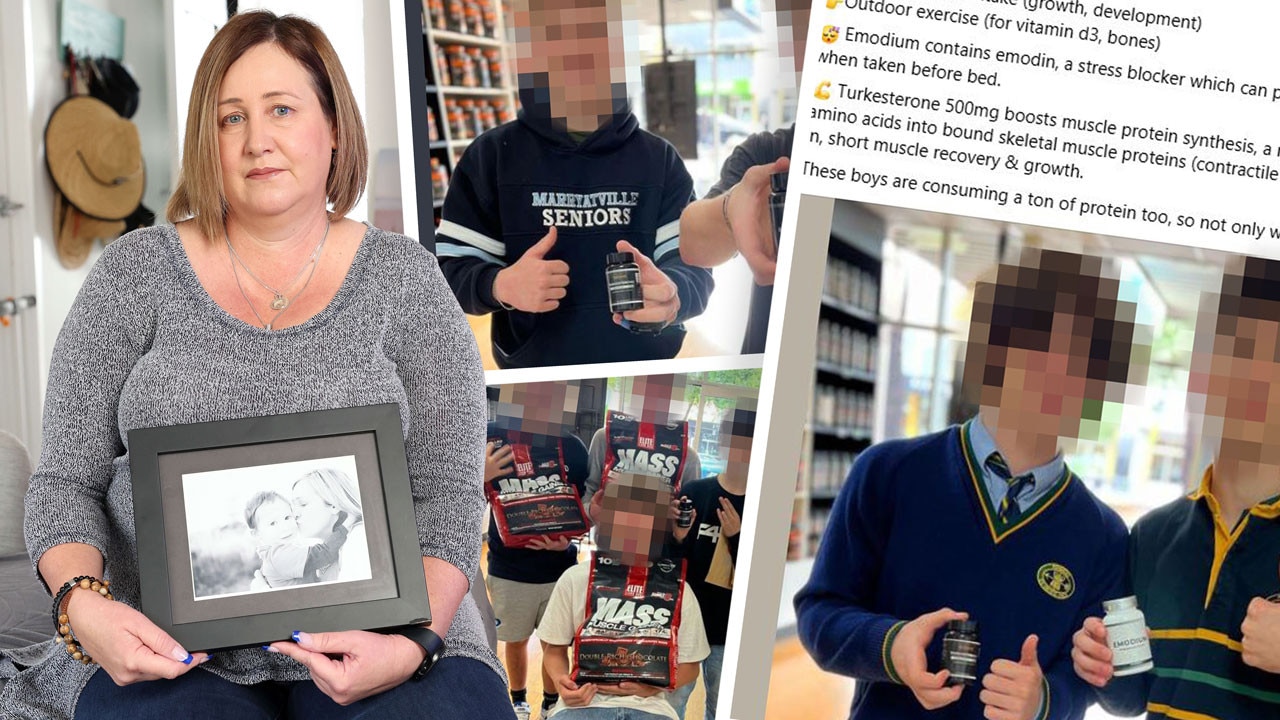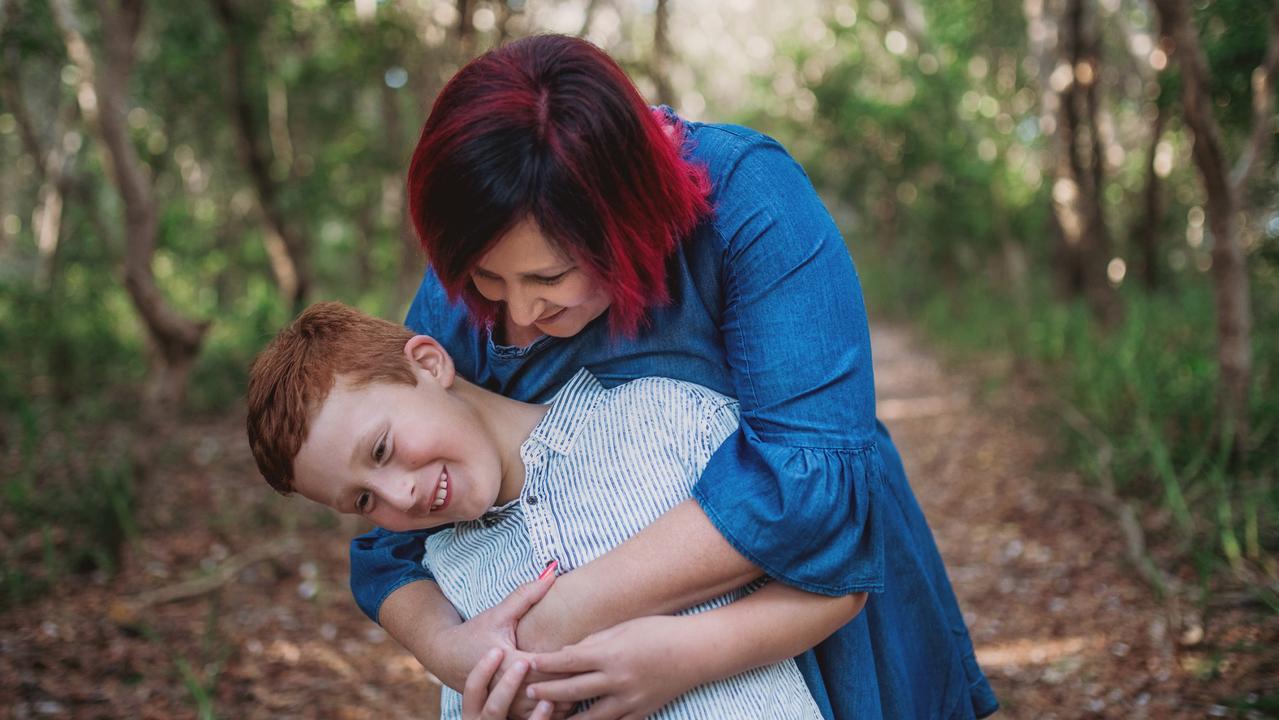Melbourne woman shamed for using disabled car spot
A Melbourne woman with chronic pain claims she is constantly shamed by strangers for parking in disabled car spots.
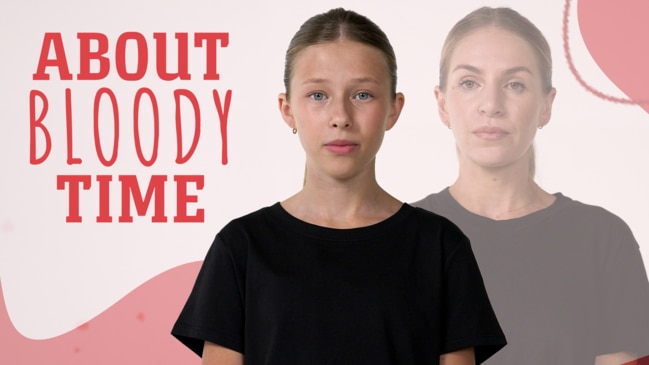
Health
Don't miss out on the headlines from Health. Followed categories will be added to My News.
Whenever Katie Griffin parks her car in a disabled spot, she already knows what some people around her are thinking.
The 31-year-old suffers from multiple debilitating “invisible illnesses”, a term used to describe health conditions that may not be obvious to the naked eye, that impact every facet of her life.
Katie, from Melbourne, was diagnosed with endometriosis – a disease where tissue similar to the lining of the uterus grows in other parts of the body – when she was 19 years old after her abdominal pain became so severe she ended up collapsing on a treadmill.
In addition to this, she also battles a nervous system disorder and complex, chronic pain.
Medicare is failing women and it’s About Bloody Time things changed. Around one million suffer from endometriosis. There is no cure. Help is hard to come by and in rural or regional areas, it’s virtually impossible. We are campaigning for longer, Medicare-funded consultations for endometriosis diagnosis and treatment.
Back in 2022, Katie was given a disabled parking permit due to her conditions, which she says has been an “absolute game-changer”.
But as she does not need to use any sort of mobility aid, many people just assume she is taking advantage of the spot and assume she does not have any health issues, despite clearly having a permit displayed.

One angry stranger even left a nasty note on her car after assuming Katie was illegally parking in a disabled space.
Now she is raising awareness of invisible illnesses such as endometriosis, in the hopes that people can be more understanding and accepting of such conditions.
“My life really changed so much once I got the parking permit,” Katie, who works as a gendered violence prevention project co-ordinator, told news.com.au.
“I’m now able to get into the outside world a bit more as I don’t have to use up as much energy getting to and from places.
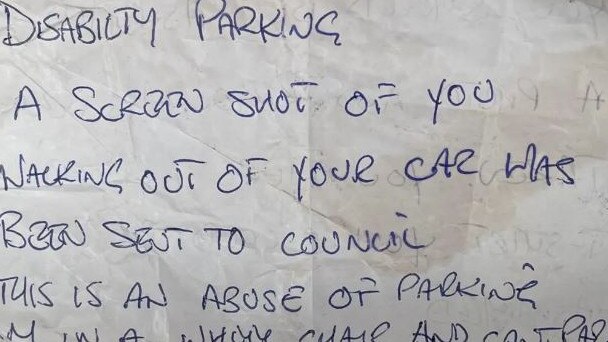
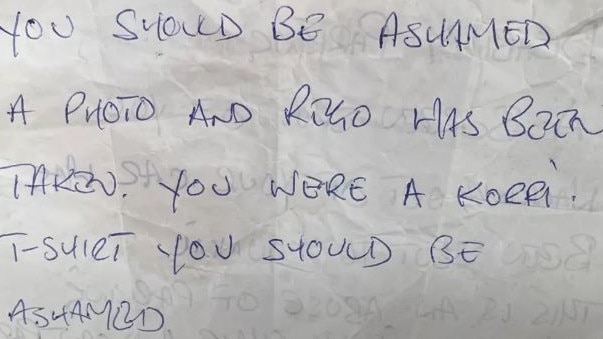
“It’s also really helpful for the times when my symptoms suddenly flare up and I need to lie down, there’s less distance to cover to get home.
“But there are definitely some people who judge me. I remember I was at the shops, I’d been there for 20 minutes.
“When I came back to my car there was an anonymous note on the dashboard. I felt anxious and ashamed at first, even though I knew I hadn’t done anything wrong.
“I’ve had many more since then. I always feel angry about it, I don’t like feeling watched while I go about my life.”
The handwritten note said that Katie should be “ashamed” and that a photo of her “walking out of her car” was being sent to the council.
This, Katie says, is representative of the common misconception that anyone who uses a disabled car spot is in a wheelchair or uses some other mobility aid.
“It’s difficult having an invisible illness,” she said.
“People don’t understand that just because I can look ‘fine’ or ‘normal’ to them, that unfortunately doesn’t mean I’m able-bodied or healthy.
“My endometriosis pain is so severe that I have a permanent spinal cord implant to help deal with it. I’m in constant pain, and have limited energy and concentration.
“I can be in bed for days. I’d like people to remember that just because you can’t see the disease, doesn’t mean the pain is not there.”
Like many young women who complain of bad period pain, Katie was put on the pill when she was 16 to try and ease her symptoms.

While it helped a little, her undiagnosed endometriosis and other symptoms that go along with it only grew worse over the years, until she finally collapsed one day while working out on the treadmill.
“After the fall, doctors found out that I had an ovarian cyst that had ruptured,” Katie recalled.
“The results from my internal ultrasound revealed I had extensive endometriosis, so I was referred to a specialist.
“I was told that the best option was to have an IUD inserted during surgery to manage disease growth, which is that I did.”
Katie said she feels lucky that she was diagnosed while she was fairly young and has been fortunate to be looked after by a pain specialist and gynaecologist who “take her seriously”.
But living with endometriosis means that every day is different and she never knows how her pain will affect her capabilities.

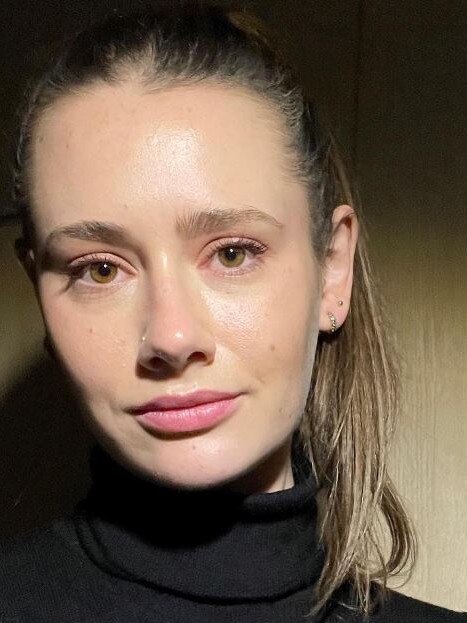
It has also impacted her ability to stay in certain jobs and she hopes that menstrual leave might become the norm in the future.
“I was originally a pediatric nurse, but the physical nature of that work became impossible after a few years,” she said.
“Severe pain episodes can affect my ability to work consistently, and I need extra support and flexibility in my career, which I am lucky to have.
“Support in the workplace through menstrual leave if it is appropriate could assist enormously.
“Trying to work when in severe pain is not only difficult, but likely to prompt a pain episode, requiring more leave to be taken.”
Katie says it also makes losing some friendships “inevitable”.
“Endometriosis can feel really isolating,” she said.
“I am grateful to have friends and loved ones who understand the severity of my disease and how volatile my symptoms are.
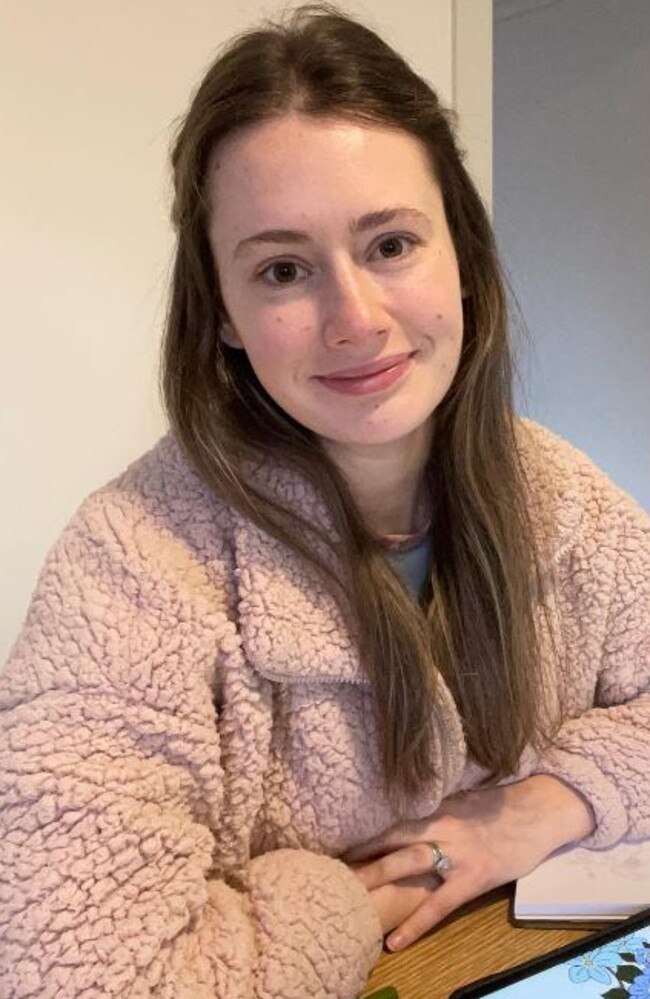
“But you inevitably lose friendships and relationships along the way with people who can’t understand it. To many people I was ‘flaky’ rather than someone who is chronically ill.”
Katie wants to see a huge restructure of how endometriosis is understood and treated in Australia and hopes to help make this change happen by raising awareness through her story.
She believes there needs to be more subsidies for people with this disease as well as more of an overall understanding from medical professionals.
“The worst thing is the insidious way that women’s pain and health conditions are underestimated and under resourced,” she said.
“There is such little support for the chronic nature of endometriosis that when I experience a severe pain episode, I have to go to an emergency department and hope I’ll be taken seriously.
“If I am, then the management options aren’t appropriate for the long term, so you end up essentially back where you started once the crisis is over.
“There needs to be a complete restructure of how endo is supported from a systemic perspective. If there were more subsidies for people to access care, that would make a huge difference.
“We also need acknowledgment of how severe and life altering it can be.
“We desperately need to move beyond just putting out spot fires through emergencies, then leaving people and their support networks on their own again without ongoing help.”
About Bloody Time is an editorial campaign by news.com.au that been developed in collaboration with scientists recommended by the Australian Science Media Centre, and with the support of a grant from the Walkley Foundation’s META Public Interest Journalism fund.
Originally published as Melbourne woman shamed for using disabled car spot





